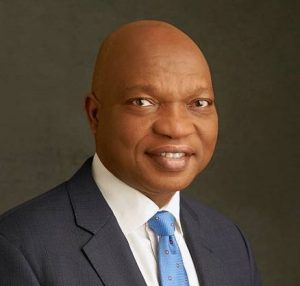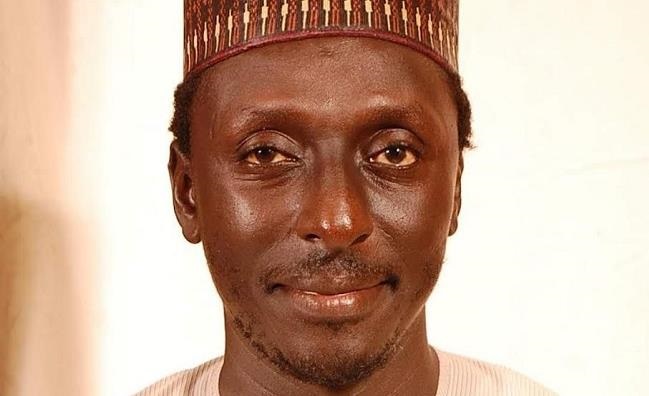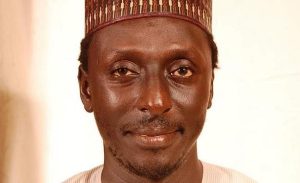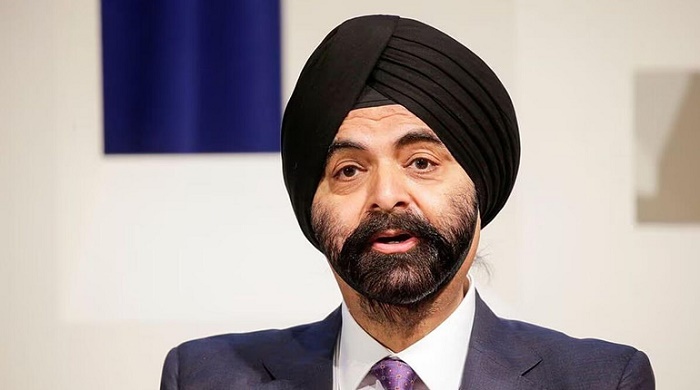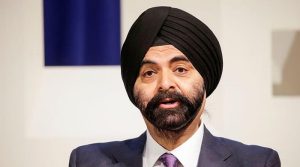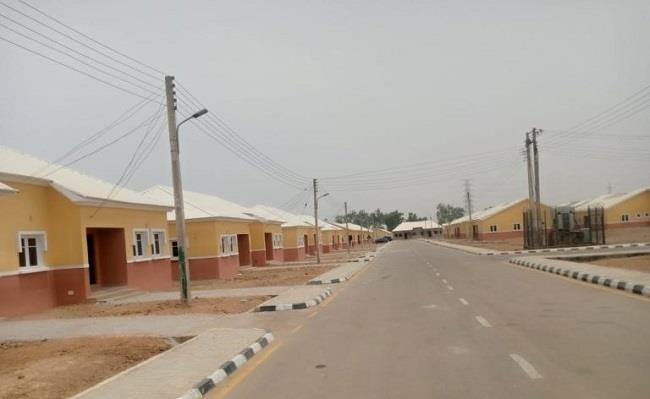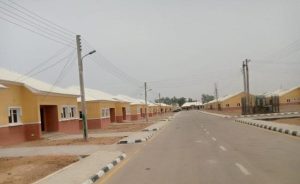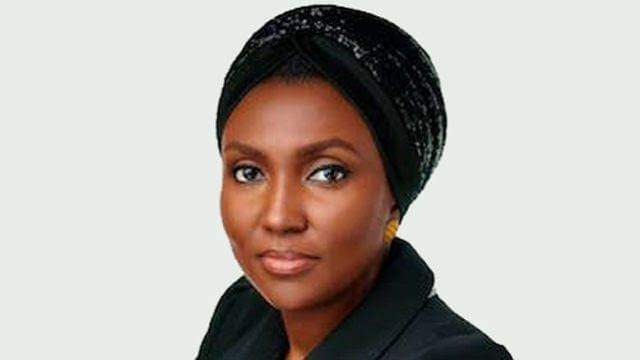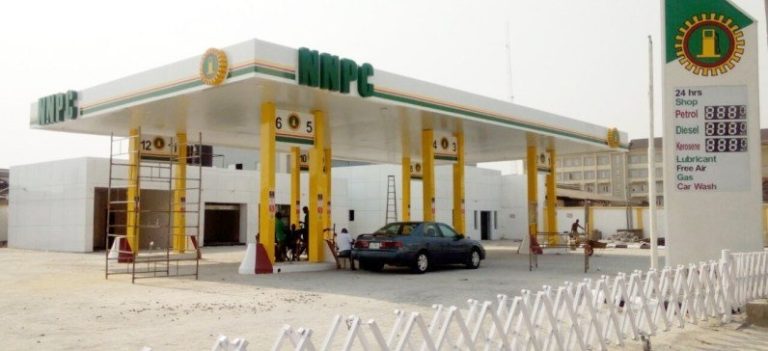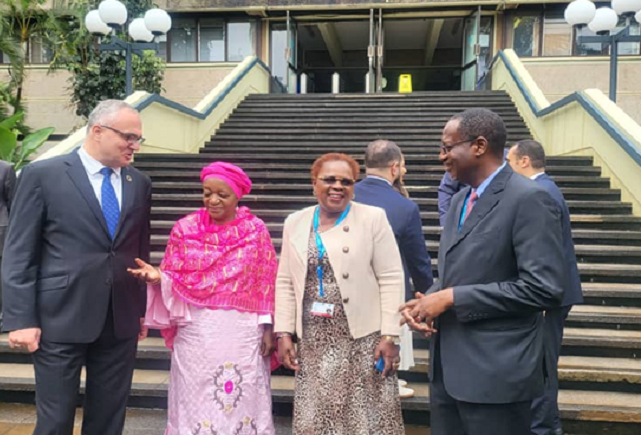The National Emergency Management Agency (NEMA), with technical support from the United Nations Children’s Fund (UNICEF), is reviewing Nigeria’s hazard risk analysis to mitigate disasters in the country.
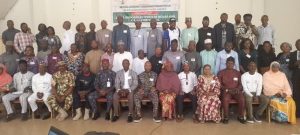
Mrs Zubaida Umar, NEMA Director General, disclosed this at the official opening of a three-day hazard risk analysis workshop on Wednesday, May 8, 2024, in Jos, Plateau State.
Umar said that the exercise was to ensure effective preparedness and mitigation of various hazards and risks.
The director general stated that hazard risk analysis was a vital prerequisite for the development and review of a national contingency plan and other related documents for disaster preparedness.
Represented by Mr Fred Anusim, Assistant Director, Planning Research and Forecasting, NEMA headquarters, Umar said that risk analysis is reviewed periodically in order to be in tune with the present reality of hazards spreading in Nigeria.
Umar emphasised that preparedness was a vital component of disaster management and needed to be given adequate attention to ensure a timely, effective, and efficient response.
“Therefore, the agency, with the technical support of UNICEF, has deemed it fit to invite critical stakeholders to this forum to deliberate on how to identify, review, and update the impeding risks we are currently facing in Nigeria.
“This hazard risk analysis, data gathering, and mapping initiative being carried out in the next three days will improve knowledge of the risk terrain in Nigeria and support risk-informed programming.
“It will also support the assessment of potential hazards, evaluate vulnerabilities, and inform strategies to mitigate risks and enhance community resilience.
“At the end of this exercise, it is expected that the baseline for developing mitigation strategies like early warning systems and community-based preparedness will be provided.
“It is aimed at creating awareness of potential hazards to enhance public readiness,” she said.
Mr Sunday Abdu, Executive Secretary, Plateau State Emergency Management Agency, said that the workshop was a crucial step towards enhancing our understanding of risk analysis and its application in Nigeria, especially at these crucial times when all hands must be on deck.
Abdu said exercise would enable relevant agencies to better identify, assess, and mitigate potential risks, ultimately contributing to the well-being and prosperity of our nation.
The executive secretary appreciated NEMA for always chatting about the way forward and UNICEF for remaining a reliable partner.
He urged the participants to work collaboratively, share ideas, and learn from each other.
Mr Olayinka Afolabi, Emergency Specialist at UNICEF, revealed that, since 2021, UNICEF has been providing technical support to the NEMA in data collection and analysis of hazard risks across Nigeria.
Afolabi stated that the collaborative effort aims to bolster the country’s preparedness and response capabilities in times of crisis.
The emergency specialist said that the initiative has yielded valuable baseline information that serves as a crucial foundation for preparedness and humanitarian action.
“Additionally, the data collected has become a key reference point for government entities and development partners, offering a comprehensive view of the risk landscape in Nigeria.
“UNICEF is set to further support NEMA in assessing and documenting changes to the risk profile in the country.
“This ongoing partnership, which will involve validation across the six geopolitical zones, is expected to enhance NEMA’s capacity to coordinate disaster management activities effectively.
“It will reposition them as a central hub for information dissemination that will inform and strengthen response interventions nationwide.
“Through these collaborative efforts, UNICEF and NEMA are working together to ensure that Nigeria is better equipped to respond to emergencies and safeguard the well-being of its citizens,” he added.
Mr Eugene Nyelong, NEMA North Central Zonal Coordinator, said in his remarks that the workshop would generate new ways of tackling disasters in the country.
Nyelong lauded NEMA D-G for the initiative, saying that the review would improve knowledge of the risk patterns and terrain in Nigeria.
The coordinator added that it would help achieve coordinated planning through consensus building, mobilisation of resources, and information sharing among stakeholders.
By Peter Amine



